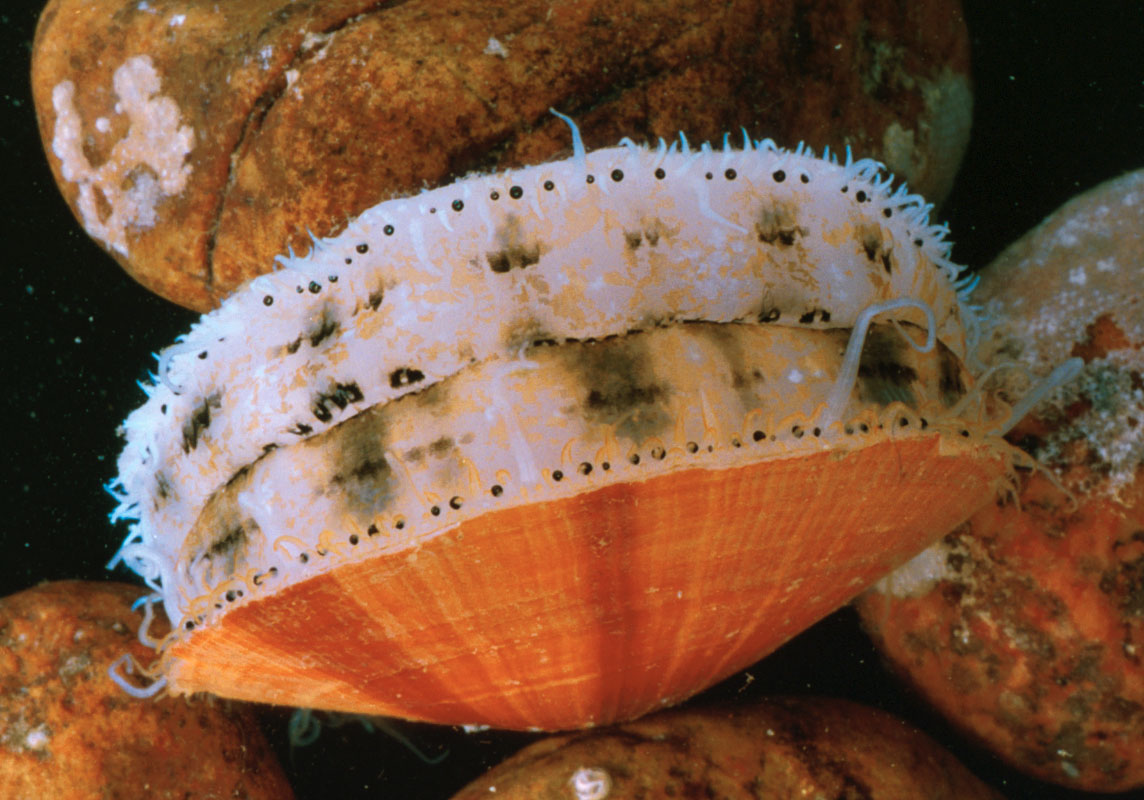11 Dec 2024

Tired Earth
By The Editorial Board

Sea scallops caught off the coast of England are capable of ingesting billions of tiny plastic particles, which disperse throughout the body to the kidney, gill, muscle and other organs.
This all takes place within six hours.
These findings are the latest in a growing collection of studies that confirm an ever-expanding roster of wildlife eats microplastics and smaller particles known as nanoplastics. That research, in turn, has raised questions—so far unanswered—about potential effects on the food chain, and to human health.
What’s different and new is that this project attempts to get beyond documenting consumption and begin to understand the consequences for the wildlife whose diet now includes regular samplings of plastic. The surprise discovery was the rapid speed with which plastic particles spread across most major organs of the body.
The research team was led by the University of Plymouth in southeast England and involved scientists in Scotland and Canada. The results were published in the journal Environmental Science & Technology.
Richard Thompson, head of the University of Plymouth’s international marine research center, termed the study “groundbreaking” in both the methodology used to trace the particles as well as the findings.
“Understanding the dynamics of nanoparticle uptake and release, as well as their distribution in body tissues, is essential if we are to understand any potential effects on organisms,” he said in a statement.
The surfaces of the world’s oceans contain an estimated 51 trillion micro plastics, according to the study.
Maya Al Sid Cheikh, a University of Plymouth research fellow who led the study, said the team used a “novel approach” in order to trace the particles once the scallops ate them. Nanoplastics containing a label were created in the lab, and the scallops were immersed in tanks containing “environmentally relevant concentrations” that mimic coastal regions where scallops live.
When the scallops were returned to clean water, the smaller nanoplastics took 14 days to disappear from their bodies; some larger particles were still present after 48 days. Still unknown are the consequences of longer exposures to plastic and whether that poses any risk for people who consume scallops.
Source : www.nationalgeographic.com
Comment